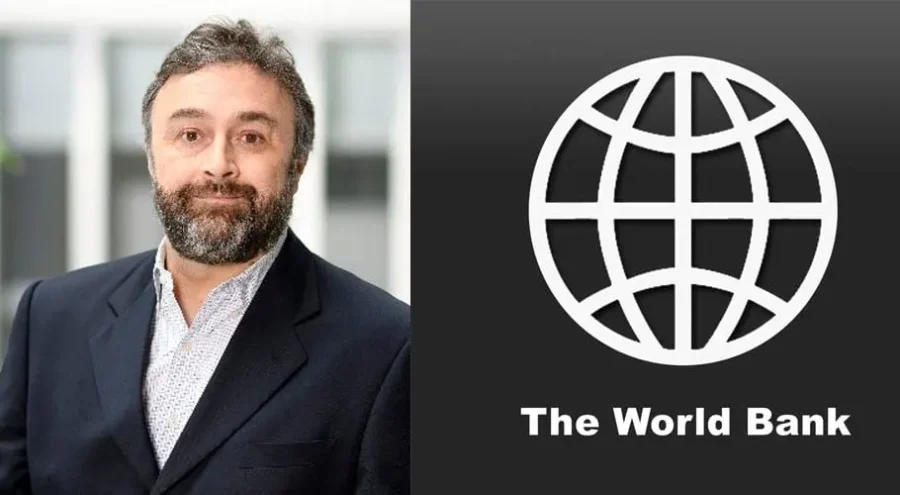World Bank (WB) Country Director for Pakistan Najy Benhassine on Thursday said the institution’s approved assistance of $100 million for the Punjab Family Planning Programme would help curtail population growth in the most populous province of the country.
The WB funds sanctioned for the province, which is the home to more than half of Pakistan’s total population, “would ensure provision of quality family planning services free of charge,” he remarked.
“This important program aims to achieve universal access to reproductive healthcare and to raise the usage of family planning methods in Punjab to 60 percent by 2030,” the WB Country Director said in a news release.
He termed the programme ‘critical” for Pakistan’s development, as excessive population growth rates hampered development, slowed the accumulation of human capital, and contributed to keeping families in poverty.
He said it would also institutionalize quality of care across the family planning services delivery system. “It will support public information and advocacy campaigns so that more families are made aware of the benefits of family planning.”
The WB official said the programme would scale up innovations, such as clinical franchising, voucher schemes, and family planning counseling through community leaders, piloted in different districts of Punjab and had shown improvements in family planning outcomes.
Through an extensive network of Lady Health Workers, Family Welfare Workers and Community Health Workers that are linked to health facilities, family health clinics and family welfare centers, Najy Benhassine said the programme would reach areas and communities that had limited or no access to family planning services.
He said the programme would scale up the voucher incentive scheme, social marketing, male and community leaders’ engagement and youth platforms for increasing utilization of family planning services, adding it would also improve the interpersonal communication skills of family planning service providers.—APP









